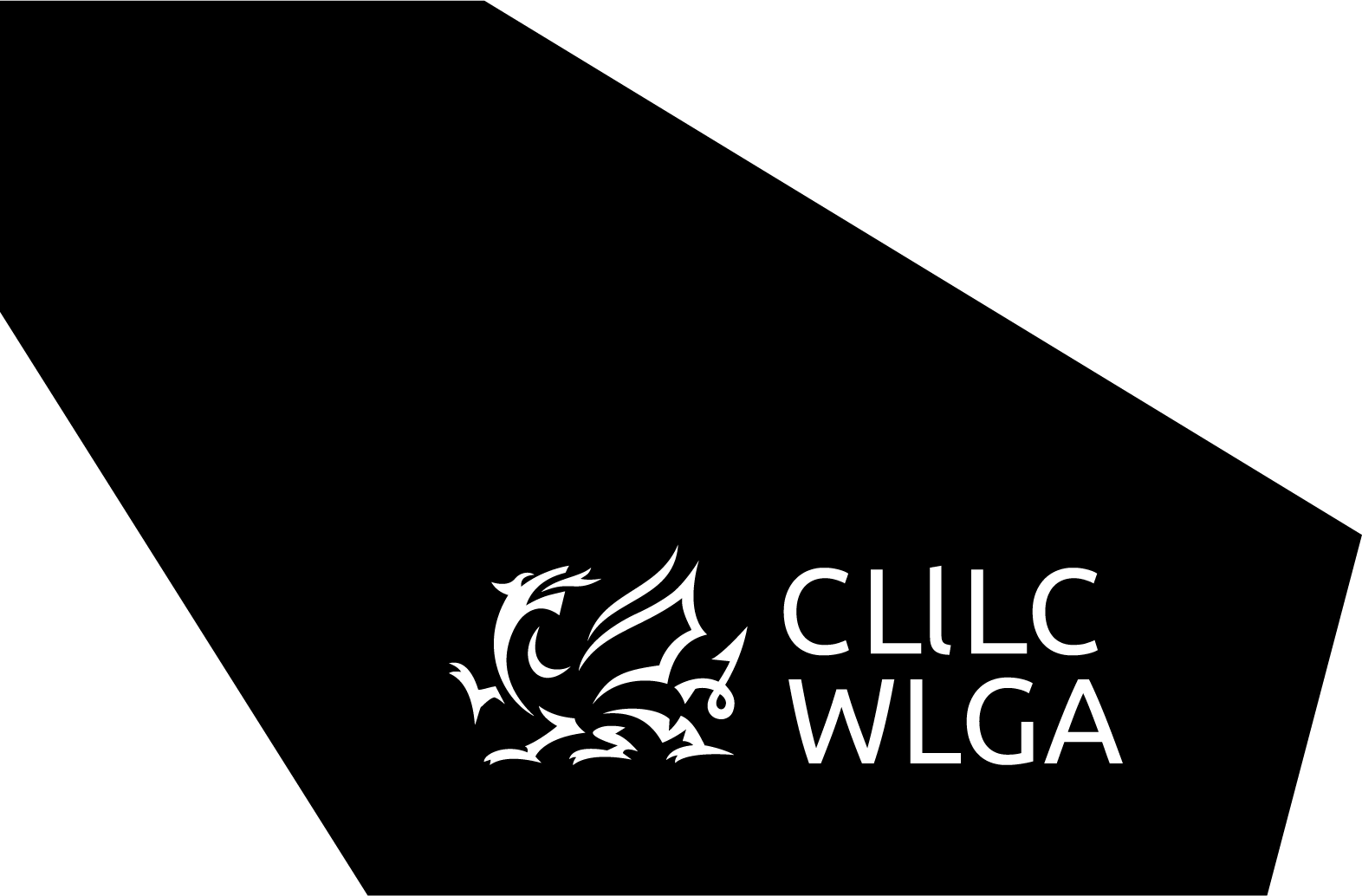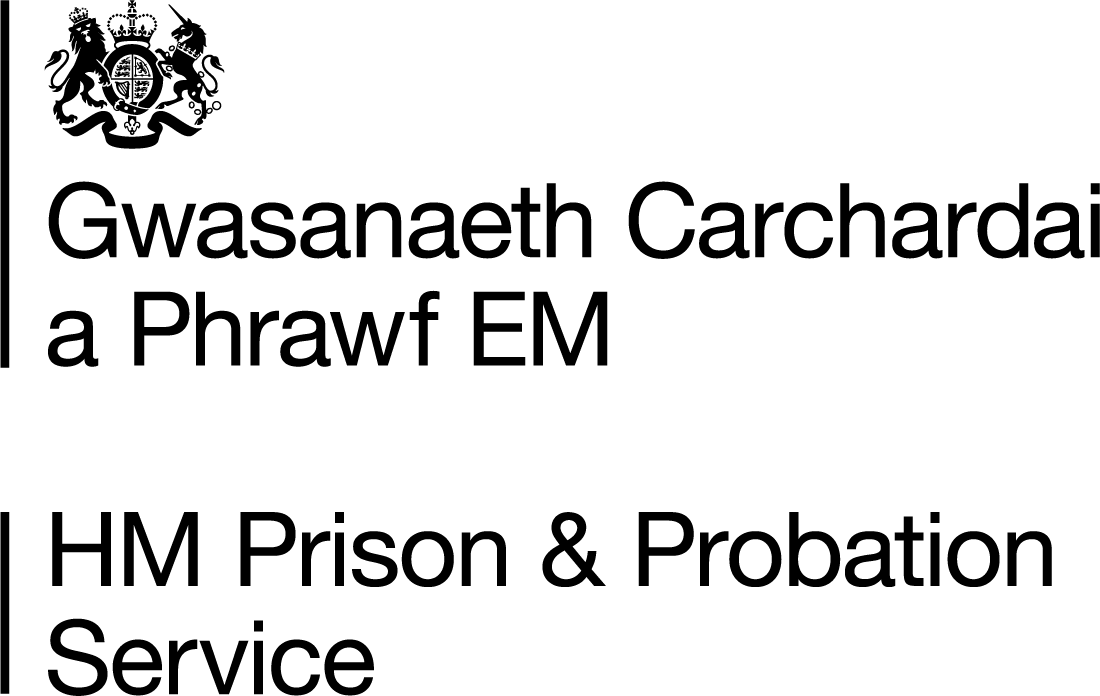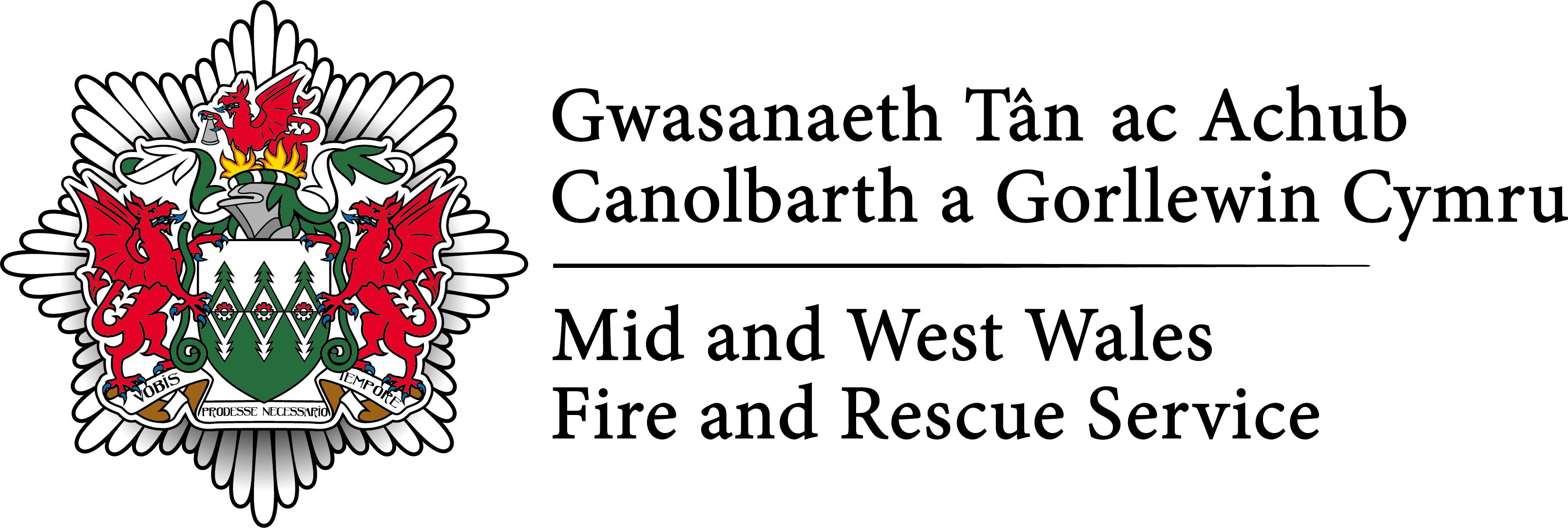Mental Capacity Act (2005) applies to anyone over the age of 16 year and can in some instances cover sexual exploitation:
- Impairment or disturbance in the functioning of the mind or brain.
- A person’s capacity is decision and time specific.
- A person’s capacity should be assessed by the “best placed person” in relation to the particular decision.
- If someone lacks capacity, then a decision should be made in a person’s best interests.
- Agencies need to work together to assess capacity.
When this applies, the sexual exploitation falls under the legislation for Safeguarding through the Social Services and Wellbeing (Wales) Act 2014.
Sexual Offences Act 2003 protects adults at risk where sexual activity is founded on exploitation and abuse. Including those with limited mental capacity which is impeding choice, which covered those whose mental functioning is so impaired at the time of the sexual activity that they are unable to refuse; those who have capacity to consent but have a mental disorder which makes them vulnerable to inducement, threat or deception; and offences carried out by care workers on those without capacity to consent.
Modern Slavery Act 2015, section 2 provides the legislation around arranging or facilitating the travel of another person with a view to exploitation. Section 3 of the Act defines the meaning of exploitation.
Trafficking People for Exploitation Regulations 2013 protects those trafficked from criminal exploitations and puts in measures to protect victims.
Sexual exploitation is covered by the Protection of Children Act 1978 and Sexual Offences Act 2003.
Home Office has published statutory guidance on how to identify and support victims of modern slavery.













